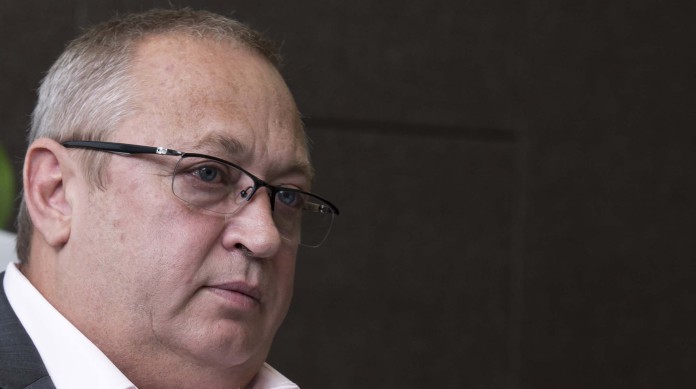
SOUTH Africa was on “a knife edge” and would lose the support of business if the government of national unity (GNU) fails to “treat everyone fairly”, said Neal Froneman, CEO of Sibanye-Stillwater.
The outspoken Froneman serves on the crime and corruption workstream established as part of Operation Vulindlela, a joint initiative established by South Africa president Cyril Ramaphosa during his firm term.
Froneman said he remained wary of the GNU because the ANC, which only won 41% in last month’s general election, still shaped its direction. “I remain critical of what the ANC has done to South Africa over a period of 20 years,” he said at the London Indaba conference in June. “That is there for everyone to see,” he said.
“It is unacceptable. The corruption and destruction of capacity in government is even more obvious and change in the election hasn’t changed my view,” he said. While South Africa was at a potential turning point “we are on a knife edge”, he said.
“South Africa can still go very left or on the right path,” he said. “Business will continue to be supportive.” He warned, however: “If the ANC does not do that I’m not sure business can carry on, even with the GNU. If you don’t structure the GNU in the right way government will become very ineffective.”
The presence of the pro-business Democratic Alliance, whose members were appointed ministers in six government departments (and six deputy ministers), is expected to bolster Ramaphosa’s reform programme. While slow to be implemented, reform has brought some improvement in South Africa’s energy infrastructure, while at Transnet – the mining sector’s other main concern regarding Government services – has shown flashes of improvement.
Froneman also had words of warning for African governments who he said “needed to step up” in order to compete for international capital. “Take note of where Africa ranks on the Fraser Institute in terms of attractiveness,” said Froneman.
“You have a lot of work to do to attract capital from the West. I’m not pointing fingers at any one government but the west and Africa need to step up,” he said.
The Fraser Institute publishes results of an annual survey listing the most favourable mining districts globally based on policy and regulatory probity. South Africa regularly ranks in the lower regions of the survey side by side with Zimbabwe, the Congo and South Sudan.
For the 2023 survey, published in May, South Africa was ranked number 62 for investment attractiveness below Zambia, Tanzania, Ivory Coast and Namibia. The highest ranked African country for investment attractiveness was Botswana which was 15th below the top ranked Nevada, Western Australia and Quebec.
Froneman said Sibanye-Stillwater, which is potentially building $1bn in new lithium projects in Finland and the US, was not seeking to build more its presence in Africa as it was already weighted to South Africa risk.











